I need to use htons() in my code to convert the little-endian ordered short to a network (big-endian) byte order. I have this code:
int PacketInHandshake::serialize(SOCKET connectSocket, BYTE* outBuffer, ULONG outBufferLength) {
memset(outBuffer, 0, outBufferLength);
const int sizeOfShort = sizeof(u_short);
u_short userNameLength = (u_short)strlen(userName);
u_short osVersionLength = (u_short)strlen(osVersion);
int dataLength = 1 + (sizeOfShort * 2) + userNameLength + osVersionLength;
outBuffer[0] = id;
outBuffer[1] = htons(userNameLength);// htons() here
printf("u_short byte 1: %c%c%c%c%c%c%c%c\n", BYTE_TO_BINARY(outBuffer[1]));
printf("u_short byte 2: %c%c%c%c%c%c%c%c\n", BYTE_TO_BINARY(outBuffer[2]));
for (int i = 0; i < userNameLength; i++) {
outBuffer[1 + sizeOfShort + i] = userName[i];
}
outBuffer[1 + sizeOfShort + userNameLength] = htons(osVersionLength);// and here
for (int i = 0; i < osVersionLength; i++) {
outBuffer[1 + (sizeOfShort * 2) + userNameLength + i] = osVersion[i];
}
int result;
result = send(connectSocket, (char*)outBuffer, dataLength, 0);
if (result == SOCKET_ERROR) {
printf("send failed with error: %d\n", WSAGetLastError());
}
printf("PacketInHandshake sent: %ld bytes\n", result);
return result;
}
Which results in a packet like this to be sent:
As you see, the length indication bytes where htons() is used are all zeros, where they should be 00 07 and 00 16 respectively.
And this is the console output:
u_short byte 1: 00000000
u_short byte 2: 00000000
PacketInHandshake sent: 34 bytes
If I remove the htons() and just put the u_shorts in the buffer as they are, everything is as expected, little-endian ordered:
u_short byte 1: 00000111
u_short byte 2: 00000000
PacketInHandshake sent: 34 bytes
So what am I doing wrong?

